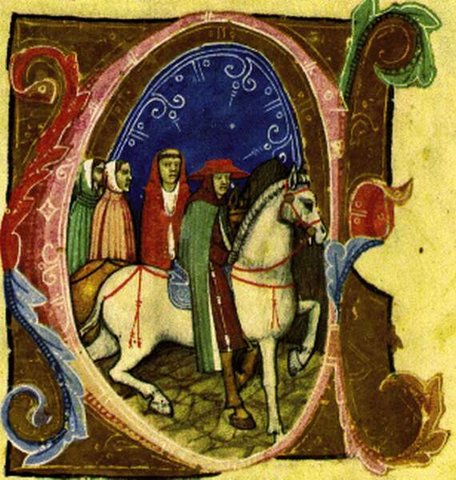When the Papal Legate Is Not Well Received
Confrontations Between the Papal and Royal Governments in Thirteenth Century Hungary
DOI:
https://doi.org/10.15170/SPMNNV.2023.12.03Keywords:
Papacy, Hungary, legates, reception, confrontation, thirteenth–fourteenth centuriesAbstract
The Papacy became the supreme authority of the Latin Christianity at least at the turn of the twelfth–thirteenth centuries. Papal delegates, especially legati a latere were the “long arm” of the popes to settle and negotiate both ecclesiastical and political issues. In theory, papal representatives should have been given a warm welcome in the places where they were sent, however, as the examples in the paper show, this was by no means always the case. The paper aims to discuss this process by analysing the activities of the papal legates in the Kingdom if Hungary, the form of representation and the procedures of the negotiation (cooperation, contestation, refusal) of this authority in the context of the Hungarian Kingdom in thirteenth-fourteenth centuries.

Downloads
Published
Issue
Section
License

This work is licensed under a Creative Commons Attribution-NonCommercial-NoDerivatives 4.0 International License.

